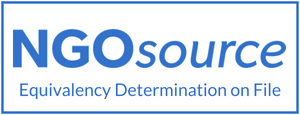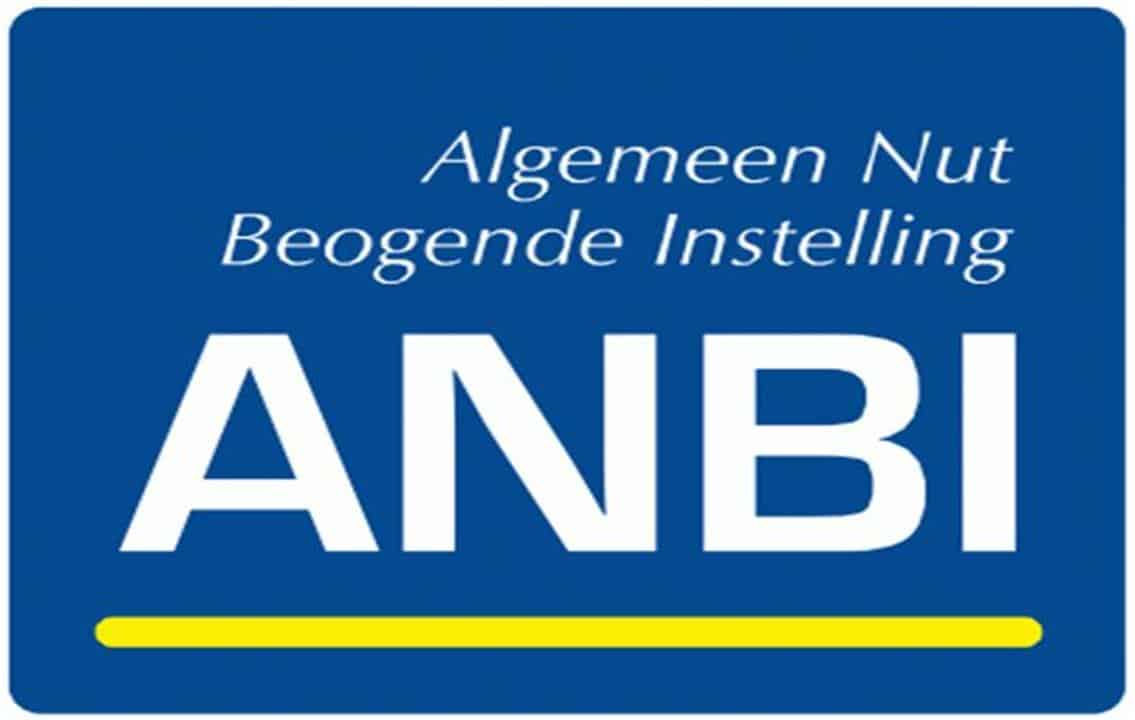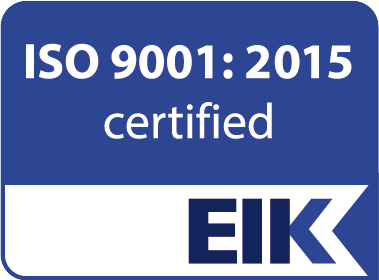
- Revision of Recommendation 8 and its Interpretive Note: the 2016 revision retracted the claim that the NPO sector is ‘particularly vulnerable’ to terrorism financing abuse.
- In-depth revision of the Best Practices Paper (2015), a policy guidance document that countries use to help them implement the standards.
- Formalization of the risk-based approach, which means a more proportionate and context-specific implementation of the FATF standards.
- Establishment of regular engagement between the FATF Secretariat and NPOs, which allows for more effective NPO participation.
- Awareness-raising, coalition-building and advocacy at the global, regional and national levels.
- Sustained advocacy leading to the initiation of the Unintended Consequences workstream in 2021.
FATF Work at National, Regional & Global levels
HSC is currently involved in a number of projects at the national (e.g., in six countries of the Western Balkans, Peru, Kenya, Mali, Tunisia, etc.) level on various parts of the FATF process, including awareness-raising, facilitated dialogue and risk assessments. It also works at the regional level with the FATF-Style Regional Bodies (e.g., GAFILAT, ESAAMLG, GIABA), again on raising awareness and building capacity.
This initiative is supported, in part, by GIZ, the Dutch MoFA, Ford Foundation, the Packard Foundation and the Sigrid Rausing Trust.




